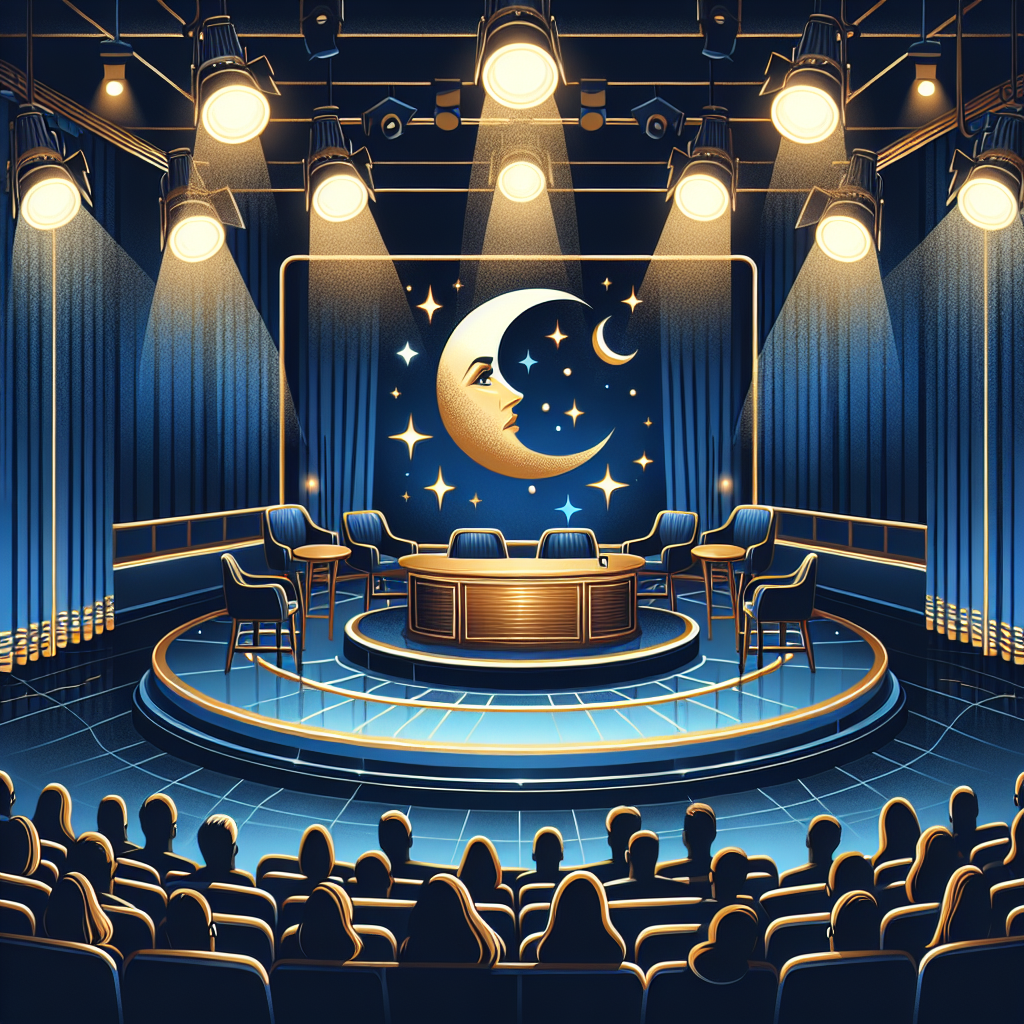The Final Curtain for Colbert: Politics, Loss, and Legacy
The cancellation of 'The Late Show with Stephen Colbert' has sparked controversy over potential political motives, as CBS cites financial struggles as the reason for ending one of the most popular late-night shows. Declining ad revenues and shifting viewer habits have further strained the traditional late-night television format.

The renowned 'The Late Show with Stephen Colbert' faces cancellation amidst a tempest of political accusations and dwindling viewership numbers. The show, which once reigned supreme in the late-night arena, finds itself unable to compete with the modern dynamics of streaming platforms and social media.
Recent developments have raised questions over whether political tensions influenced CBS's decision to cancel, as host Stephen Colbert openly criticized a major merger involving the network's parent company. Despite denials from network executives, fallout from the controversy reverberates through political and artistic circles.
As viewership habits evolve and the late-night format struggles to maintain relevance, industry experts acknowledge the growing importance of digital presence over traditional broadcasting's financial constraints. As the dust settles, Colbert's departure marks an era's end while highlighting the ongoing transformation within the entertainment industry.
(With inputs from agencies.)
ALSO READ
Entertainment Industry Sees Major Shifts: Streaming Deals, Movie Reboots, Legal Drama, and AI Safeguards
Entertainment Industry Buzz: Disney-ITV Alliance and AI's Role in Video Game Voice Acting
Delhi Police's Late-Night Nab: Irani Gang Members Caught in the Act
Entertainment Industry Shifts: TV Farewells and New Ventures
The Final Curtain for Late-Night TV: The Colbert Cancellation Controversy










